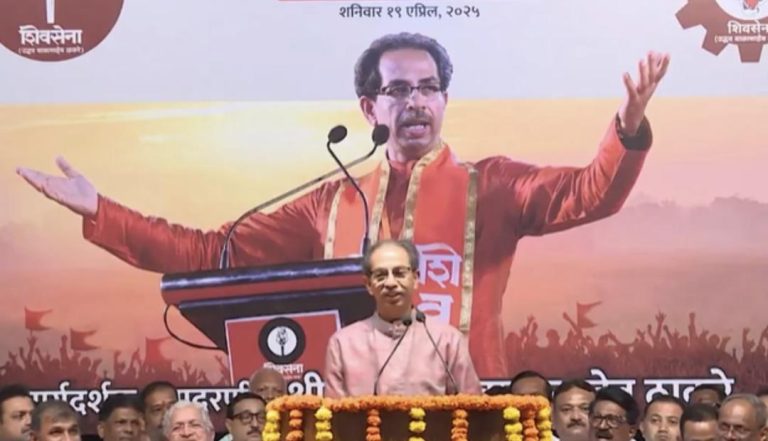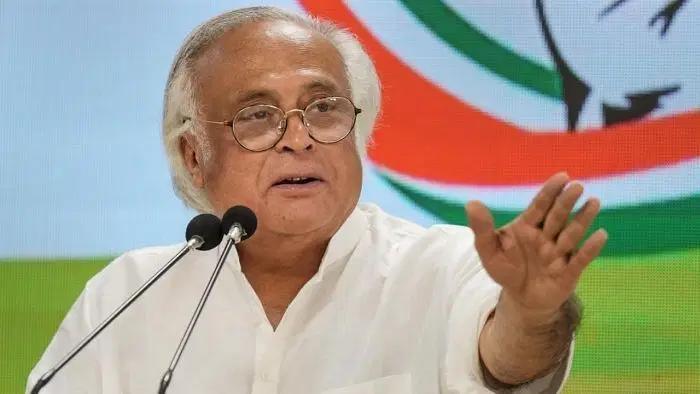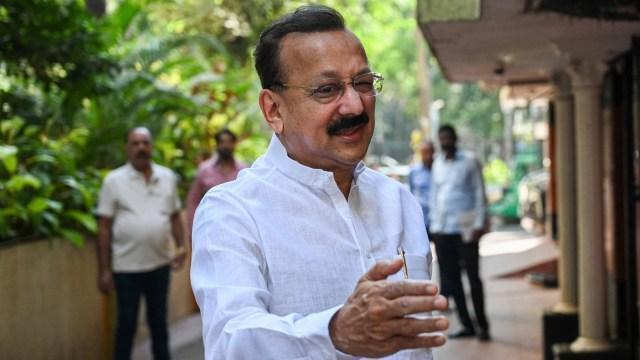
India’s January Deal Activity Hits 217 Pacts, $9 Bn Value
India’s deal activity started the year on a strong note with 217 agreements worth $9 billion in January, a report showed on Tuesday. Mergers and acquisitions (M&A) and private equity (PE) deals witnessed a 19% increase in volumes over December 2024, according to Grant Thornton Bharat Dealtracker.
The report noted that January’s deal activity was driven primarily by the finance, technology, and healthcare sectors. The finance sector saw the highest number of deals, with 43 agreements worth $3.5 billion, followed by technology with 35 deals valued at $2.3 billion, and healthcare with 24 deals worth $1.2 billion.
The strong start to the year is a welcome development for the Indian economy, which has been facing headwinds in recent times. The country’s GDP growth rate slowed down to 4.5% in the December quarter of 2024, driven by a decline in manufacturing and services sectors.
The deal activity in January was also characterized by a significant increase in the value of transactions. The total value of deals in January was $9 billion, which is a 25% increase over December 2024. The largest deal of the month was a $1.5 billion investment by Blackstone Group in the Indian real estate sector.
The report also noted that the Indian startup ecosystem continued to attract significant investment in January. A total of 15 startup deals were announced during the month, with a total value of $1.1 billion. The largest startup deal was a $300 million investment in food delivery platform Zomato by Ant Financial.
The strong deal activity in January is a sign that Indian businesses are confident about the country’s economic prospects and are looking to expand their operations. The report noted that the deal activity was driven by a combination of factors, including the country’s growing middle class, increasing demand for consumer goods, and the government’s efforts to promote entrepreneurship and innovation.
The Indian government has been implementing a range of measures to promote business growth and attract foreign investment. These measures include simplifying regulatory procedures, reducing corporate tax rates, and increasing the limit for foreign direct investment (FDI) in various sectors.
The report also noted that the deal activity in January was characterized by a significant increase in the number of deals in the manufacturing sector. A total of 15 manufacturing deals were announced during the month, with a total value of $1.3 billion. The largest manufacturing deal was a $500 million investment in the automotive sector by a consortium of investors led by Japan’s Suzuki Motor Corp.
The strong deal activity in the manufacturing sector is a sign that India’s manufacturing sector is gaining momentum. The sector has been facing challenges in recent times, including a decline in demand and increasing competition from imports. However, the government’s efforts to promote the sector, including the introduction of policies such as the Production Linked Incentive (PLI) scheme, are starting to yield results.
In conclusion, India’s deal activity in January was characterized by a strong volume of transactions and a significant increase in the value of deals. The report noted that the deal activity was driven by a combination of factors, including the country’s growing middle class, increasing demand for consumer goods, and the government’s efforts to promote entrepreneurship and innovation. The strong start to the year is a welcome development for the Indian economy and is likely to have a positive impact on the country’s growth prospects.






